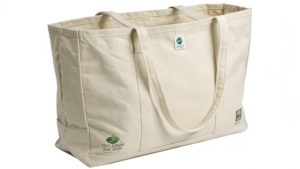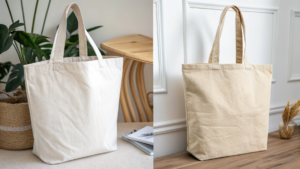Custom Enamel Badges: Hard or Soft Enamel?
Are you thinking about making custom enamel badges but confused by all the options? It is easy to get lost in the details.
Choosing the right custom enamel badge means understanding the difference between hard and soft enamel. This choice impacts the look, feel, and overall message of your badge, making it a key decision for your brand.
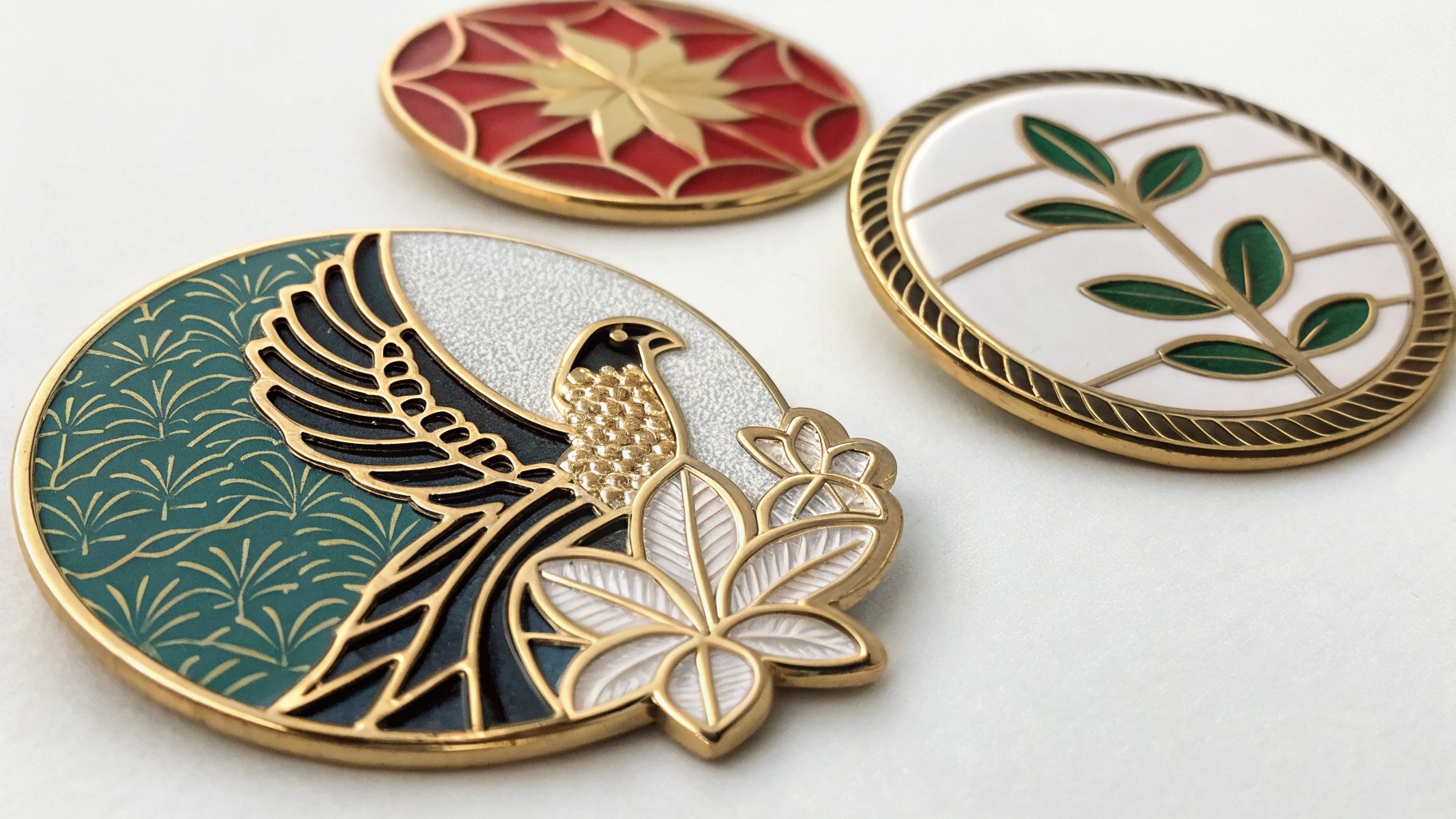
I have helped many businesses create custom enamel badges. At first glance, the difference between hard and soft enamel might just seem like looks. One is smooth, the other is textured. But I have learned that the real difference goes much deeper. It touches on what you want to achieve with your design and how you value craftsmanship.
What Is Enamel on a Badge?
Do you know what enamel actually is when it comes to badges? Many people see the colorful designs but do not know how they are made.
Enamel on a badge refers to a glass-like material that is heated until it melts and fuses onto a metal surface, creating a durable and colorful finish. This process allows for vibrant designs and adds a protective layer to the badge, making it long-lasting and visually appealing.
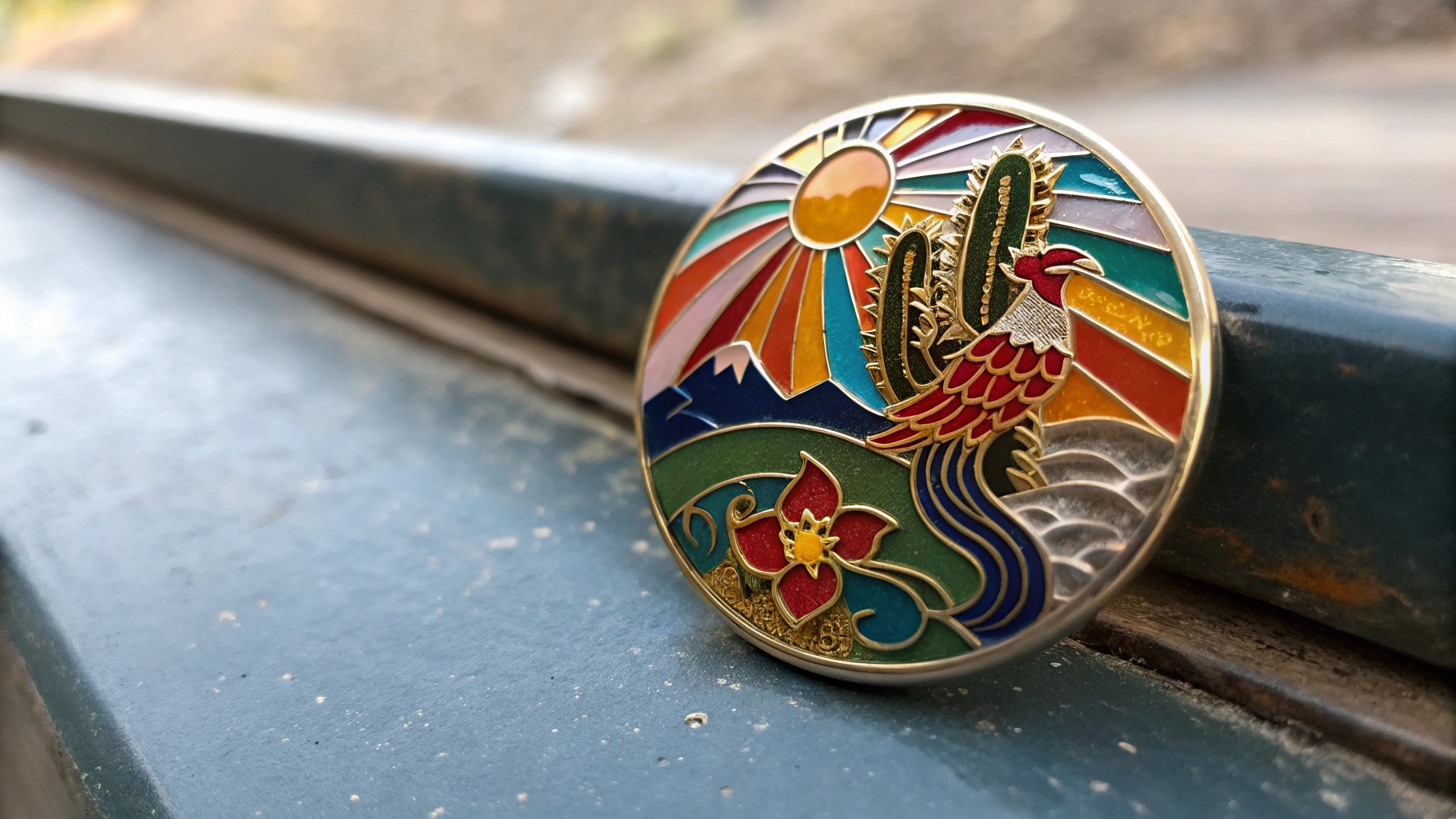
From my days working in a printing factory to establishing Latitude Experience, I have always been fascinated by how materials come to life. Enamel is not just paint. It is a special process that makes badges durable and beautiful. I often explain to clients that the enamel process1 is an ancient art form. It ensures that the colors on your badge will not fade easily. Here is a breakdown of what enamel is and its purpose on a badge:
| Aspect | Description | Benefit for Badges |
|---|---|---|
| Composition | A powdered glass compound, mixed with pigments for color. | Creates a wide range of vibrant and lasting colors. |
| Application | Applied in a wet paste form into recessed areas of a metal badge. | Allows for precise filling of design details and lines. |
| Firing Process | Heated at high temperatures (around 750-850°C) until it melts. | Fuses the enamel to the metal, making it very durable and chip-resistant. |
| Finish | Can be polished smooth (hard enamel) or left with raised metal lines (soft enamel). | Creates different textures and visual effects for diverse designs. |
| Durability | Once cooled, the enamel becomes a hard, protective layer. | Makes the badge resistant to scratches, fading, and wear over time. |
| Aesthetics | Provides a glossy, vibrant, and professional appearance. | Enhances the visual appeal, making the badge eye-catching and valuable. |
I find it amazing how this simple material, when properly applied, can transform a piece of metal into a miniature work of art. It is this attention to detail in the material science that makes custom enamel badges such effective branding tools.
Why Are Custom Enamel Pins So Expensive?
Have you ever wondered why custom enamel pins can sometimes cost more than you expect? It is a common question, and there are good reasons behind the price.
Custom enamel pins2 can be expensive because their cost involves skilled craftsmanship, detailed design work, specialized materials, and a multi-step production process. Each pin is a small work of art, requiring precision and quality control at every stage of its creation.
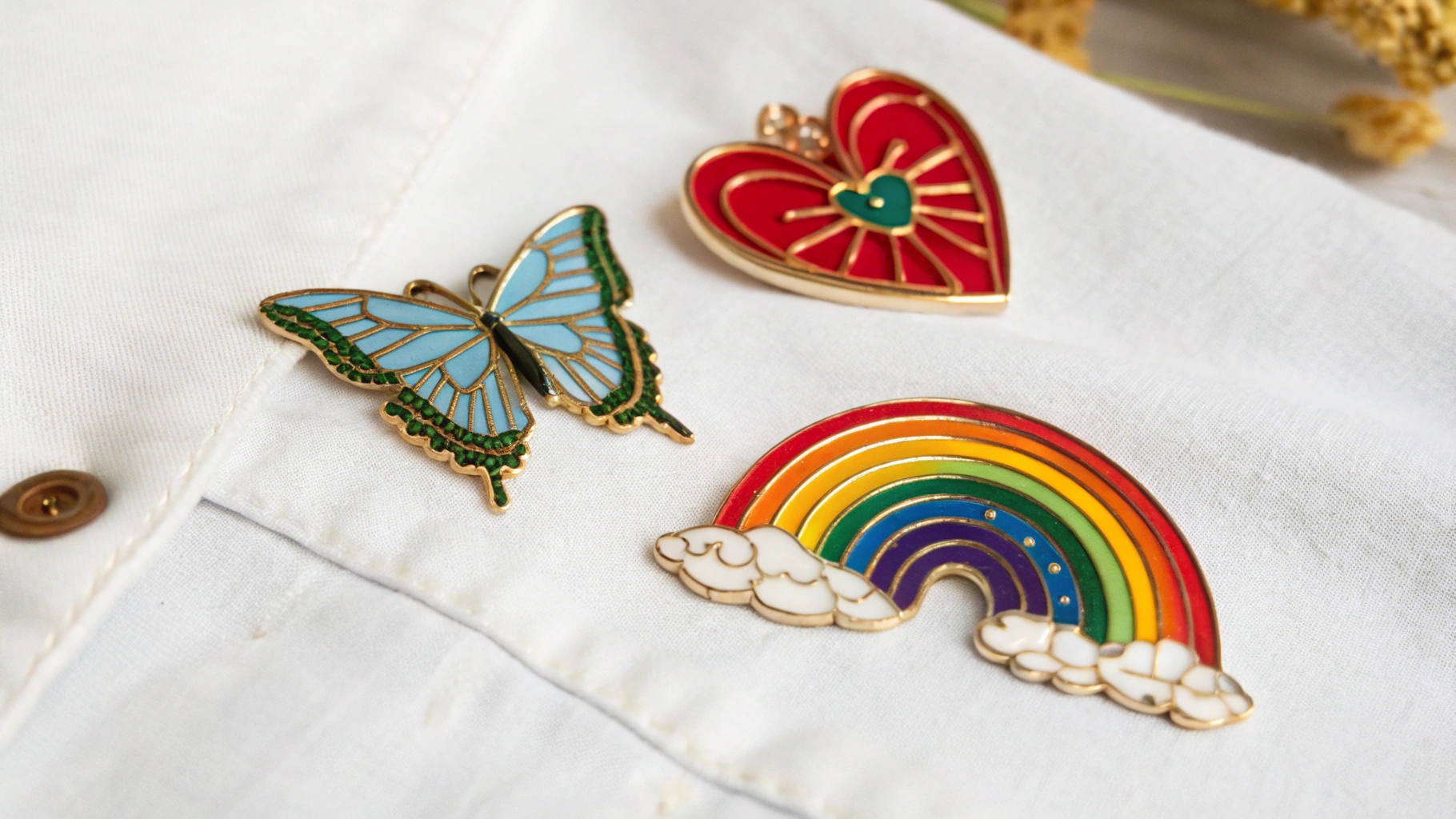
When I discuss custom corporate gifts with clients, especially things like enamel pins, the budget always comes up. I explain that these are not mass-produced plastic items. There is a lot of artistry and technical skill involved. I have seen the entire process firsthand. From the initial design to the final polish, each step adds value. Here are the key factors that contribute to the cost of custom enamel pins:
| Cost Factor | Description | Impact on Price |
|---|---|---|
| Design Complexity | Intricate details, multiple colors, fine lines, custom shapes. | More complex designs require more time for mold creation and enamel filling. |
| Mold Creation | A unique metal mold is made for each specific pin design. | This is a one-time setup cost, crucial for production accuracy. |
| Materials | Quality of metal (brass, zinc alloy, copper) and enamel pigments. | High-grade metals and vibrant, durable enamel cost more. |
| Production Process | Multi-step process including stamping, plating, enameling, polishing. | Each step requires specialized machinery and skilled labor. |
| Labor & Craftsmanship | Hand-filling enamel, careful polishing, individual quality checks. | A significant portion of the cost comes from the manual work involved. |
| Quantity Ordered | Lower quantities mean higher per-unit costs for setup and mold. | Economies of scale: larger orders reduce the cost per pin. |
| Finishing & Plating | Options like gold plating, silver plating, antique finishes. | Special finishes add to the material and labor costs. |
| Packaging & Accessories | Custom backings, cards, or individual packaging. | These additions contribute to the overall presentation and perceived value. |
I always emphasize that a well-made custom enamel pin is a small investment that truly reflects the quality and attention to detail of your brand. It is a long-lasting, tangible reminder of your message.
What Is the Difference Between Hard Enamel and Soft Enamel Coins?
Are you wondering about the difference between hard enamel and soft enamel3, especially when it comes to coins or badges? It is more than just how they look.
The main difference between hard and soft enamel coins lies in their finish and production process. Hard enamel is polished flat, creating a smooth, durable, and jewelry-like surface, while soft enamel has recessed color areas, giving it a textured feel with raised metal lines.
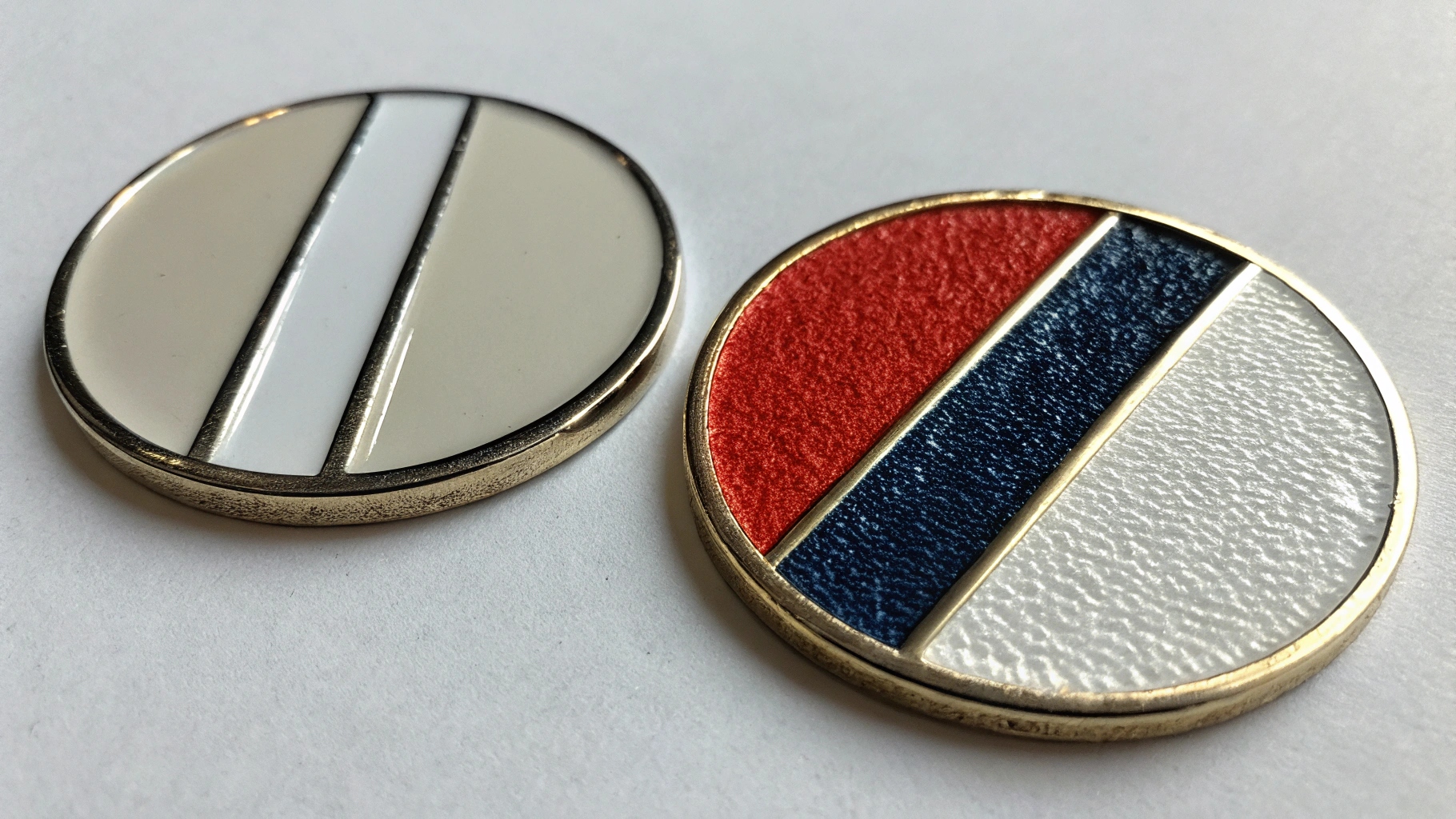
My insights into corporate gifting and branding have taught me that the choice between hard and soft enamel is not just technical. It is about artistic intention and how you want people to experience your brand. Hard enamel pins feel refined and premium, great for something long-lasting. Soft enamel pins, on the other hand, embrace texture and can feel more playful or artistic. When deciding, I ask clients, "Are you creating a keepsake, a fashion statement, or a conversation starter?" The answer guides the enamel choice much better than any spec sheet.
| Feature | Hard Enamel | Soft Enamel |
|---|---|---|
| Finish | Smooth, flat, and polished surface, similar to jewelry. | Textured surface, with recessed enamel colors and raised metal lines. |
| Durability | Very durable and scratch-resistant due to the flat polish. | Durable, but the raised metal lines can be more prone to wear. |
| Production | Enamel filled, heated, then polished multiple times to be flush with metal. | Enamel filled, heated, then left as is; optional epoxy dome applied. |
| Appearance | Clean, refined, often minimalist look; colors appear subtle. | Vibrant, "popping" colors due to the contrast with raised metal. |
| Feel | Solid, substantial, and high-quality feel. | Tactile, with a distinct texture from the raised metal outlines. |
| Ideal For | Branding, corporate awards, collectible art, subtle designs. | Playful designs, detailed visuals, retro looks, designs needing clear separation. |
| Cost | Generally slightly higher due to the extra polishing steps. | Often more cost-effective due to simpler finishing process. |
I have seen how a soft enamel pin can feel more "handmade" and artistic, while a hard enamel pin can project professionalism and permanence. Each type tells a different story about your brand. Choosing the right one is about making a statement about who you are.
Conclusion
Choosing custom enamel badges means understanding the distinct qualities of hard and soft enamel. Your choice depends on your design's purpose and the brand message you want to convey, from sleek professionalism to vibrant artistry.
-
Learn about the fascinating enamel process that transforms metal into vibrant, durable badges, enhancing their appeal and longevity. ↩
-
Explore the intricacies of custom enamel pins, from craftsmanship to materials, to understand their true value and artistry. ↩
-
Discover the unique characteristics of hard and soft enamel, and how they impact the look and feel of your badges or coins. ↩



